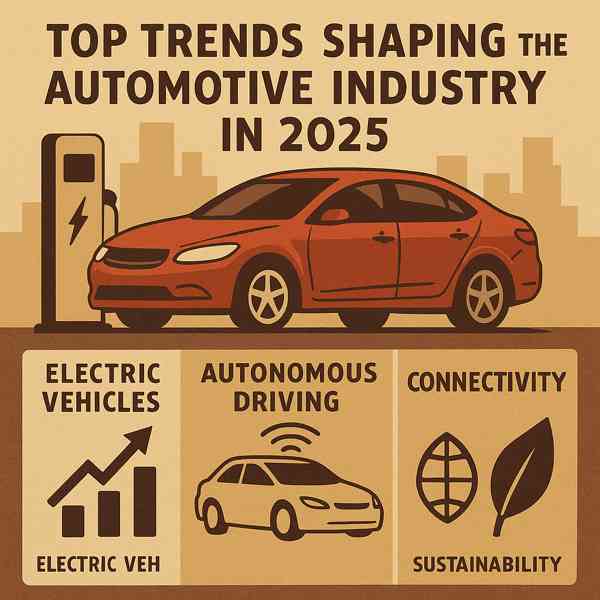Electric Vehicles: The Future of Transportation
Electric Vehicles: The Future of Transportation
Blog Article

With zero emissions and cutting-edge technology, EVs are quickly becoming a mainstream choice for personal and commercial travel.
From compact cars and SUVs to trucks and motorcycles, EVs are available in more models than ever.
What Are Electric Vehicles?
Electric vehicles are powered entirely by stored electricity, rather than traditional internal combustion engines.
Main elements of an electric vehicle:
- Drives the wheels using electricity
- Usually lithium-ion or solid-state
- Controls efficiency and output
- Charging system
Electric vehicles come in various types, such as plug-in hybrids (PHEVs)—each with different levels of electrification.
Why Choose an EV?
Whether you're looking to save money or reduce emissions, EVs offer a compelling option.
Major benefits include:
- Lower operating costs
- Environmental sustainability
- Better overall driving comfort
- Rebates and subsidies in many regions
For eco-conscious and cost-aware drivers, electric vehicles are an increasingly smart choice.
Challenges of Electric Vehicles
Understanding the limitations of electric vehicles will help you make an informed decision.
Common concerns include:
- May require more frequent charging
- Longer trips need planning
- Though often offset by long-term savings
- Batteries degrade over time
As technology advances and infrastructure improves, many of these challenges are becoming easier to manage.
Types of Electric Vehicles
EVs vary by power source, range, and usage.
Main types of EVs include:
- Fully electric with no gas engine
- Electric motor with backup gasoline engine
- Self-charges through regenerative braking
- Use hydrogen to generate electricity
Each type has its pros and cons, so buyers should evaluate their needs.
Understanding Charging Options
Charging an electric vehicle is simple once you understand your options.
Main EV charging options include:
- Standard household outlet
- Faster and ideal for daily use
- DC Fast Charging
- Charging without cables
As public charging networks expand, EV owners will enjoy even more freedom, flexibility, and convenience.
Where the EV Market Is Heading
As governments push for cleaner energy and manufacturers invest in innovation, the future of EVs looks unavoidable.
Next-generation EV developments:
- Longer range and safer performance
- Vehicle-to-grid (V2G) integration
- Combining EV tech with self-driving systems
- More choices at lower prices
As innovation continues, EVs will become more dominant in the automotive world.
Conclusion
With growing demand and continuous improvement, EVs are becoming a smart option for more drivers every day.
From environmental benefits future of electric vehicles to cutting-edge tech, electric vehicles offer a exciting alternative to traditional cars.
Report this page